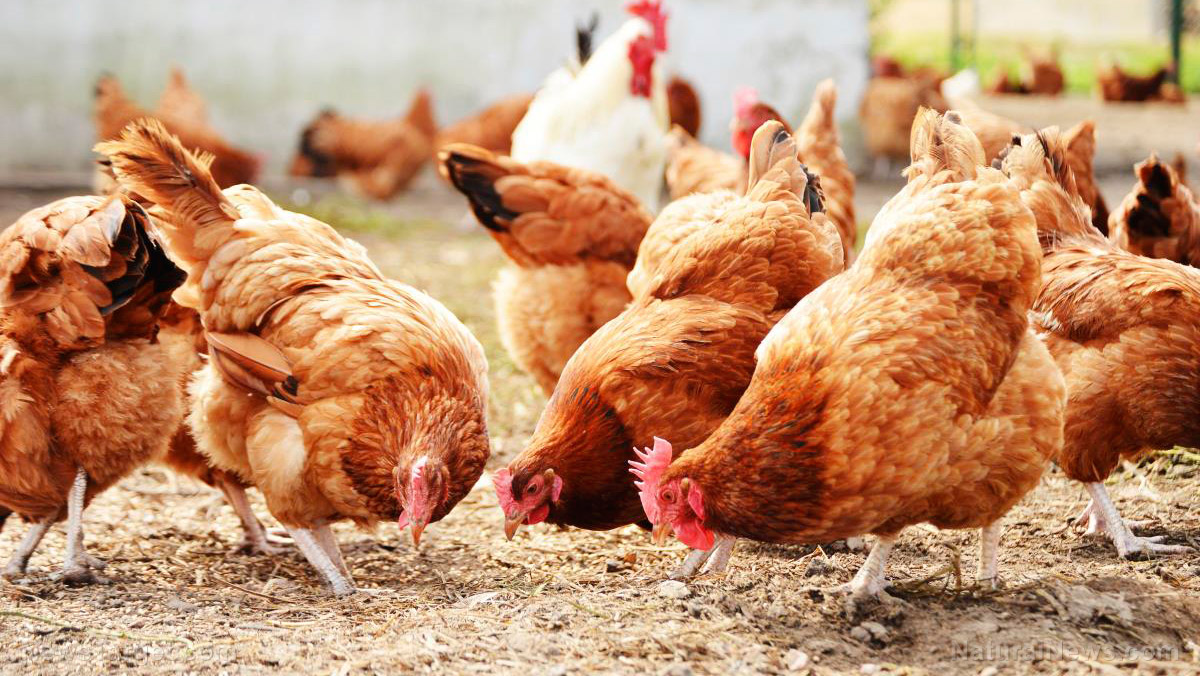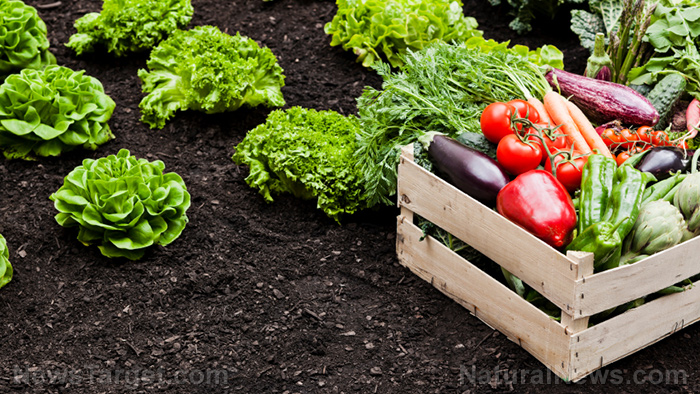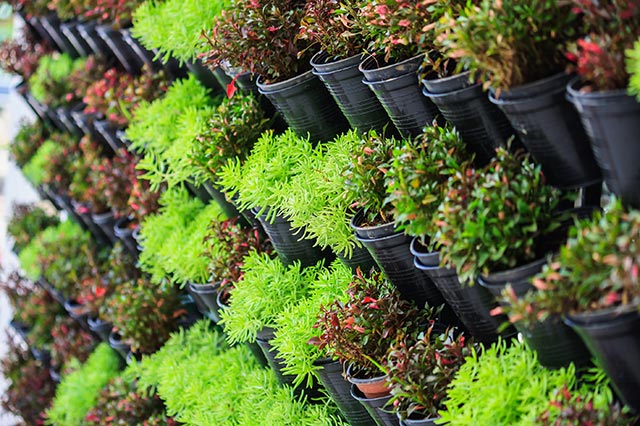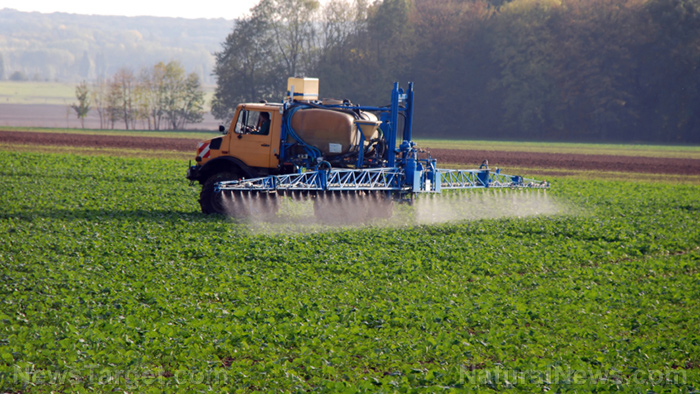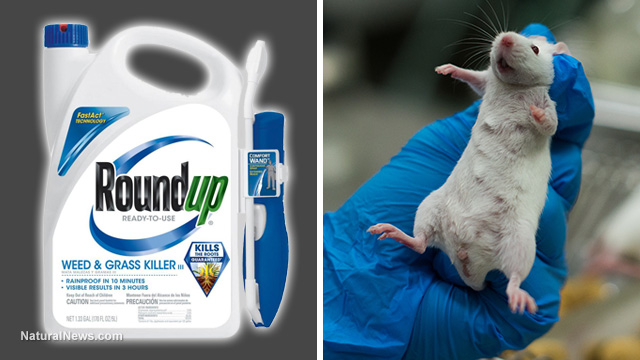New soil science study shows how plants release specific metabolites that enrich productivity
05/03/2018 / By David Williams

It’s well-understood that most plants rely heavily on the condition of the soil on which they are planted, and that the microbes that are present in the soil itself affect the overall health of the plant as it grows. Now a new study performed by scientists from the Department of Energy‘s Lawrence Berkeley National Laboratory (Berkeley Lab) and UC Berkeley gives more insight on the subject.
To be more specific, the researchers found that plants can craft their root microbiome as they develop, and they do this through the use of specific metabolites. The study could be of great help to scientists who are looking for ways to further improve soil microbiomes and also enhanced carbon storage and plant productivity.
Although plenty is known about the reliance of plants on the soil in which they’re planted, there has been little research into the relationship between specific metabolites that get released from plants and the microbes that are usually found consuming them. With this new study, experts in soil science, microbial and plant genomics, and metabolomics were brought together in order to explore the metabolic connections that are present, if there are indeed any. Their findings were published recently in a study titled, “Dynamic root exudate chemistry and microbial substrate preferences drive patterns in rhizosphere microbial community assembly,” which appeared in the journal Nature Microbiology. (Related: Soil microbes are the immune system that protects plants, crops from disease.)
According to Kateryna Zhalnina, a post-doc researcher at Berkeley Lab and the lead author of the study, they truly tried to get to the bottom of things with their study. “For more than a century, it’s been known that plants influence the makeup of their soil microbiome, in part through the release of metabolites into the soil surrounding their roots,” she said. “Until now, however, it was not understood whether the contents of this cocktail released by plants was matched by the feeding preferences of soil microbes in a way that would allow plants to guide the development of their external microbiome.”
In order to conduct their study, the researchers collected soil from the University of California‘s Hopland Research and Extension Center in Northern California. Experts at Berkeley Lab’s Climate and Ecosystem Sciences Division then worked on growing hundreds of different bacterial species on it, before selecting a subset that either flourished or declined as plant roots grew through the soil.
After collecting the microbes, the researchers sent them to the Joint Genome Institute (JGI) for analysis. This revealed that the “diet” of the microbes that flourished was the key to their success. They followed this microbial analysis up with a set of tests for actual plants, which was used to determine what kind of metabolites were being released. And then they took the cultivated soil microbes and fed them with “a cocktail of metabolites” to find out which ones the microbes preferred.
The researchers found that the microbes that flourished in the plant roots preferred a diet that was more rich in organic acids compared with their less successful counterparts in the soil. According to Trent Northen, a senior scientist in Berkeley Lab’s Environmental Genomics and System Biology Division, the preferred diet of microbes tends to differ at different points in a plant’s life cycle. “Early in its growth cycle, the plant is putting out a lot of sugars, ‘candy,’ which we find many of the microbes like,” he explained. As plants mature, they appeared to release a more diverse mixture of metabolites, which included phenolic acids. “What we discovered is that the microbes that become more abundant in the rhizosphere are those that can use these aromatic metabolites,” he added.
The results of this study are expected to help in future efforts to improve plant yield and soil quality in order to eventually meet society’s growing demands for sustainable farming practices.
Read more about sustainable farming methods in Harvest.news.
Sources include:
Tagged Under: crop disease, crops, Ecology, harvest, metabolites, Microbes, microbiome, plant yield, Plants, soil bacteria, soil health, soil microbes, soil quality, Soil Science, sustainable farming





